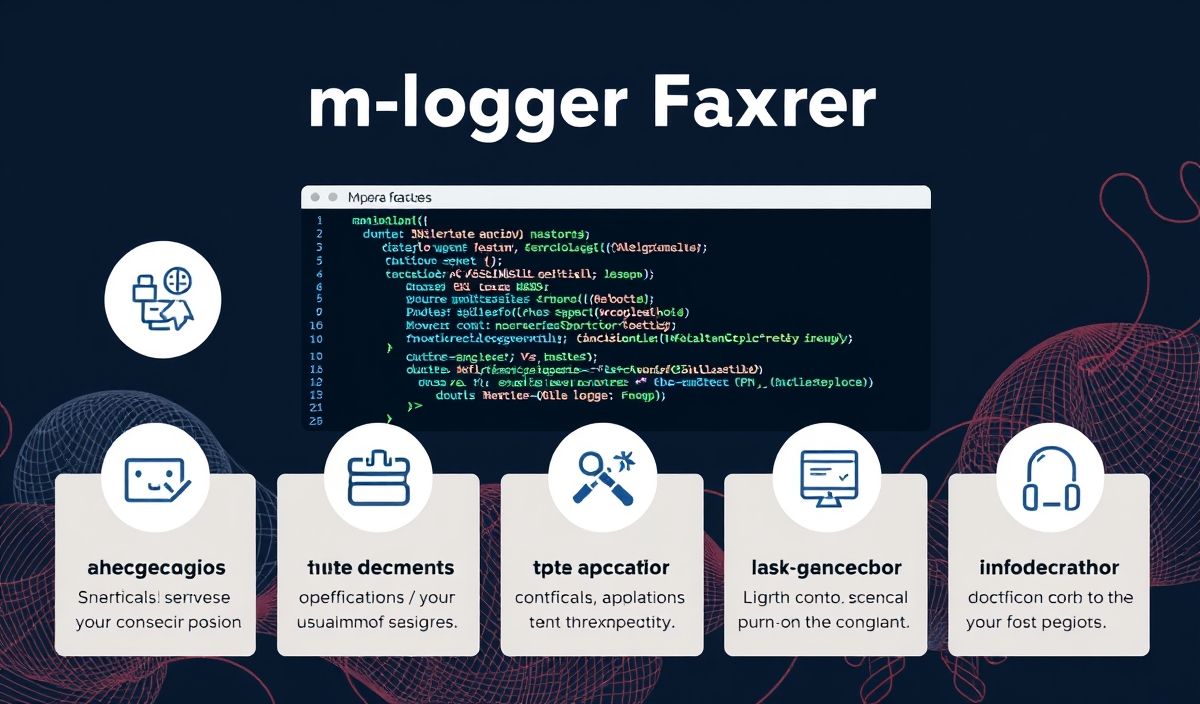The mesg-logger library is a powerful and versatile logging tool for developers. It provides an easy-to-use interface for logging messages in various formats and supports multiple logging levels. This guide introduces the mesg-logger library and provides dozens of useful API explanations with code snippets to help you get started.
Getting Started with mesg-logger
To install the mesg-logger library, use the following command:
npm install mesg-logger
Basic Usage
Here is a basic example of how to use mesg-logger:
const Logger = require('mesg-logger');
const logger = new Logger('info');
logger.info('This is an info message');
logger.error('This is an error message');
Logging Levels
The mesg-logger library supports multiple logging levels. Here is how you can log messages of different levels:
logger.debug('This is a debug message');
logger.warn('This is a warning message');
logger.fatal('This is a fatal message');
Configuring Output Formats
The mesg-logger library allows you to configure the output format of your logs. Here is an example:
logger.setFormat('json');
logger.info('This is an info message in JSON format');
Adding Custom Loggers
You can add custom loggers to handle different types of log messages. Here’s how:
const customLogger = new Logger('trace');
customLogger.trace('This is a custom trace message');
Using Transports
The mesg-logger library supports different transports for sending log messages. For example, you can log messages to a file:
const fileTransport = require('mesg-logger-file-transport');
logger.addTransport(fileTransport, { filename: 'logs/app.log' });
logger.info('This message is logged to a file');
Async Logging
You can log messages asynchronously using mesg-logger. Here is how:
async function logMessages() {
await logger.info('This is an async info message');
await logger.error('This is an async error message');
}
logMessages();
Application Example
Let’s create a small application that uses mesg-logger to log various types of messages:
const express = require('express');
const Logger = require('mesg-logger');
const app = express();
const logger = new Logger('info');
app.use((req, res, next) => {
logger.info(`Request to ${req.url}`);
next();
});
app.get('/', (req, res) => {
logger.info('Home page requested');
res.send('Welcome to the Home Page');
});
app.get('/error', (req, res) => {
logger.error('Error page requested');
res.status(500).send('Error Page');
});
const PORT = 3000;
app.listen(PORT, () => {
logger.info(`Server is running on port ${PORT}`);
});
By following this comprehensive guide, you will be able to effectively use mesg-logger in your applications for efficient and structured logging.
Hash: 1f8e93e0c665bbe434c25c0c7bce9e7267747da6fda1816c6c6cd6848f1e67fc




